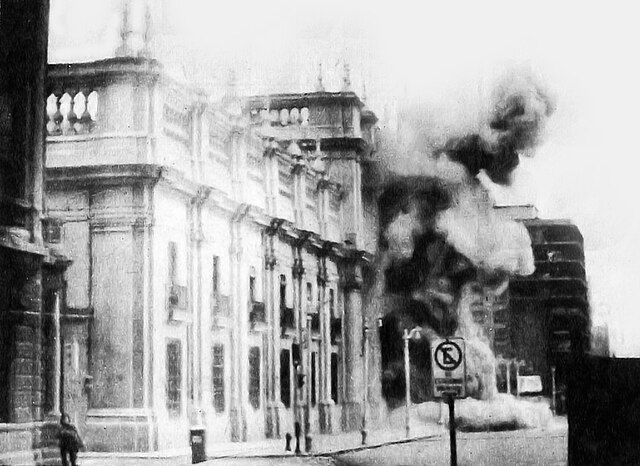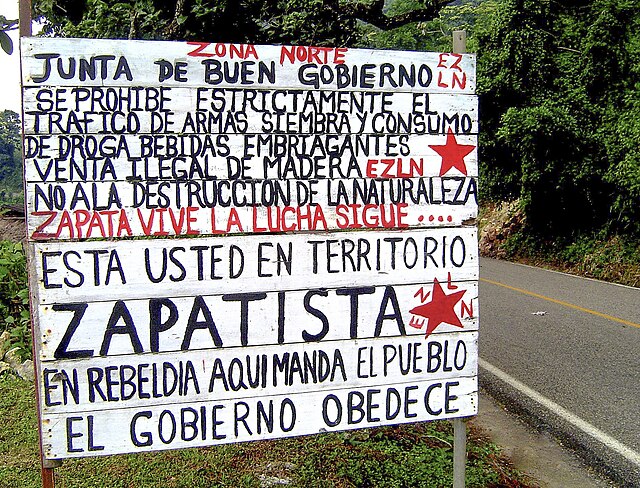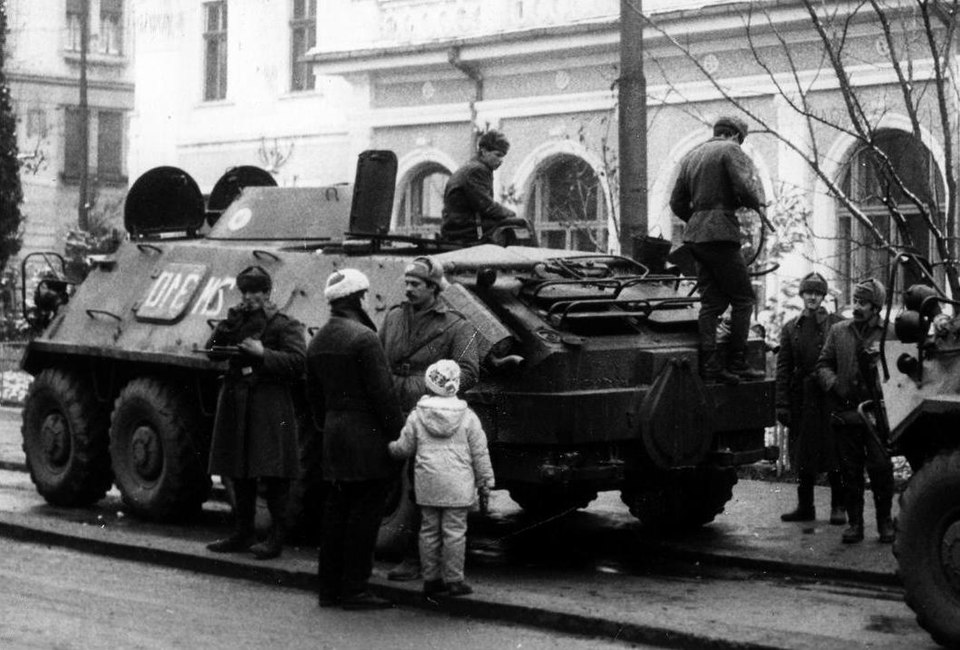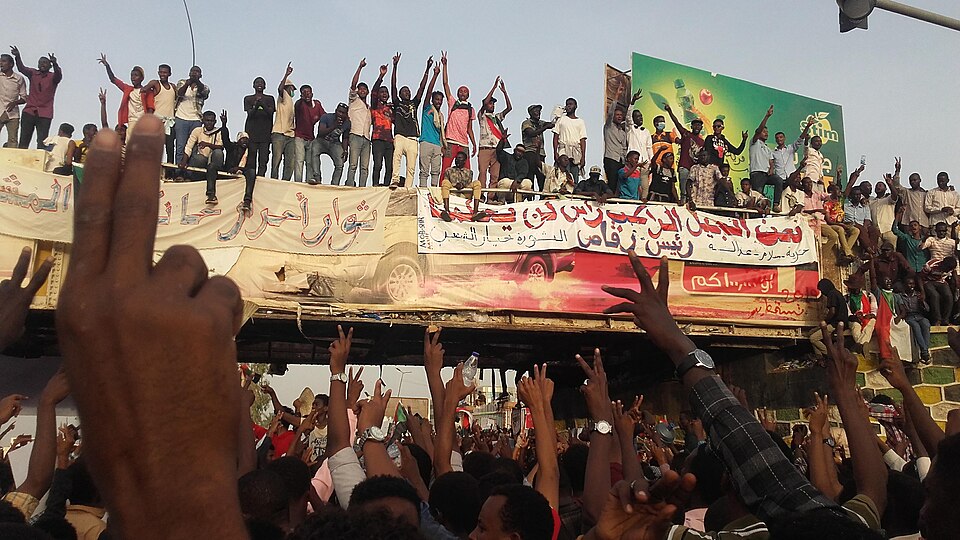In September 1970, Salvador Allende was elected president of Chile, on the back of a wave of strikes and land occupations. His victory inspired wider social movements: workers took over factories, peasants seized the land, and indigenous Mapuches demanded recognition. This grassroots mobilisation led to the establishment of Cordones Industriales – workers’ councils that coordinated militant action across different factories and workplaces. Allende was pushed into nationalising some industries, including the mines and some banks
In response, US President Nixon ordered a trade embargo. The CIA-backed truck drivers’ union organised strikes that disrupted the delivery of vital goods – though since most drivers owned their own trucks, this was more a bosses’ strike than a genuine workers’ action. In June 1973, a tank regiment surrounded the presidential palace. Allende’s response was to compromise and to attempt to negotiate with the bosses and the military. He agreed not to interfere with Chile’s army or police. In August, he invited General Augusto Pinochet into his cabinet.
In September, the Chilean military, led by Pinochet, staged a coup. Political parties were shut down, and Pinochet’s opponents were rounded up and tortured. 30,000 were killed, including Allende, and more than 3,000 “disappeared”. 12,000 Leftists were rounded up and sent to the national football stadium. One of them was the singer Victor Jara. Before they killed Jara, soldiers pulled his nails out, chopped his hands off, then told him to play his guitar: “Let’s hear you sing Venceremos now.”
Organised and financed by the CIA – which had cabled its Santiago station that “It is firm and continuing policy that Allende be overthrown by a coup” – Pinochet’s regime, working with the “Chicago Boys”, became a testing ground for the monetarist policies later adopted by Ronald Reagan and Margaret Thatcher. This involved privatisation, unemployment, and massive attacks on workers’ rights. Pinochet’s US-backed economic programme was the forerunner to today’s austerity politics.
What are the lessons of Chile? On the one hand, Allende’s fate justifies St-Just’s statement: “Those who make revolutions by halves dig their own graves”. The rich and powerful will not hand over power without a fight. But Chile also showed the power of our side. When the truck owners went on strike, local committees were set up to distribute food and other essential goods. Workers organised production for need not profit. Before it was crushed, the Chilean uprising showed what a better society could look like.




